It Takes Death To Reach A Star by Gareth Worthington, Stu Jones
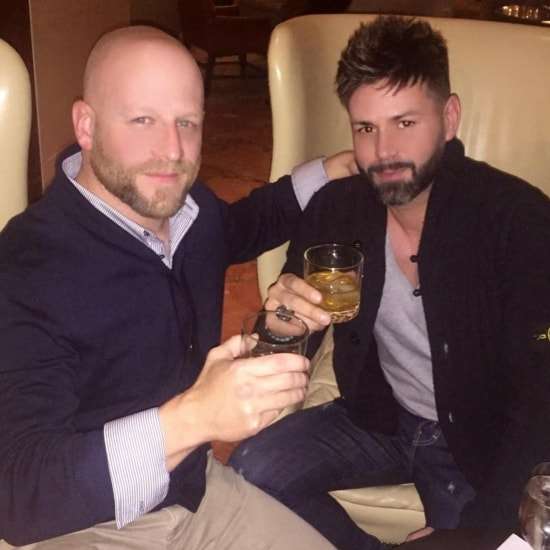
Two people who, at a glance, couldn’t be more different somehow met, and through open minds and hearts formed a connection that would be the genesis of not only an inspiring work of science fiction but also lasting friendship.
I met Gareth Worthington by chance (or fate) about seven years ago online through the Goodreads community. We initially corresponded as fellow authors with an interest in science fiction, agreeing to proofread and give feedback on each other’s work. Years passed, and books were published.
At some point, realizing that our styles were similar, a half-serious joke was made about our teaming up to write something. Not just anything, but a story that would tackle the fundamental understanding of our universe through science and faith. That would be ridiculous, right? We were totally different people, with totally different perspectives. It would never work. But back in 2015, we thought we’d give it a go anyway.
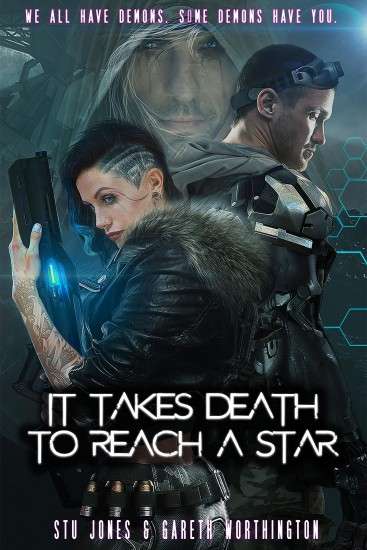 Fast forward three years. Gareth and I prepare to release the resulting fruit of this unorthodox pairing: It Takes Death To Reach A Star (Vesuvian Books). On one hand, Star is an action-packed, near-future thriller set in a unique dystopian world. Enough said, right? But there’s more. Star is a story that at its core tackles some of the toughest questions humankind faces. Questions every person, no matter who they are or to what belief system they subscribe, must answer in some capacity during the course of his or her life.
Fast forward three years. Gareth and I prepare to release the resulting fruit of this unorthodox pairing: It Takes Death To Reach A Star (Vesuvian Books). On one hand, Star is an action-packed, near-future thriller set in a unique dystopian world. Enough said, right? But there’s more. Star is a story that at its core tackles some of the toughest questions humankind faces. Questions every person, no matter who they are or to what belief system they subscribe, must answer in some capacity during the course of his or her life.
Who am I? What is the meaning of life? How do I define right from wrong, and what happens to me when I die?
Once we let ourselves and our characters struggle with these questions, we realized we were onto something. The greatest scientific and philosophical minds have been pondering these concepts since the beginning of time. How could we pretend to have all the answers? What was clear was: rich, poor, organized, isolated, Caucasian, Asian, African, Atheist, believer, fanatic—no matter where you come from—we’re all in this melting pot together. No one gets out alive.
So instead, in Star, we pose these questions and then let the reader experience the ensuing reaction as told in the first person by two very different characters. Indeed, it has been interesting to receive feedback on the book and how readers openly admit to gravitating toward certain characters because they mirror their own beliefs or experiences.
And isn’t that what we do in everyday life? Huddle together with those who share common ideas? And isn’t that what ultimately has caused every conflict ever waged: the clashing of groups that won’t accept another’s idea or belief?
I’m not sure if we knew it at the time, but we were writing a study in tolerance. How bias in some form or fashion affects us all and how our reactions to others who are different can make the world a better or uglier place.
So here’s the question I ask to you: how did two people, literally a world apart, not only create an epic work of science fiction together but, in doing so and recognizing each other’s humanity, forge a bond of mutual respect and brotherly love? I’ll tell you. It’s because we took the opportunity to actually listen and receive each other and maybe, just maybe, consider that our very different approaches are just two sides of the same human coin, trying to make sense of the madness in the world.
Like I said, it shouldn’t have happened—not if you subscribe to the divisive, hate-filled opinions of much of today’s internet culture. Nevertheless it did, and whether by fate or providence or chance, I don’t think either of us would change a single solitary thing.
Buy this Book!
Amazon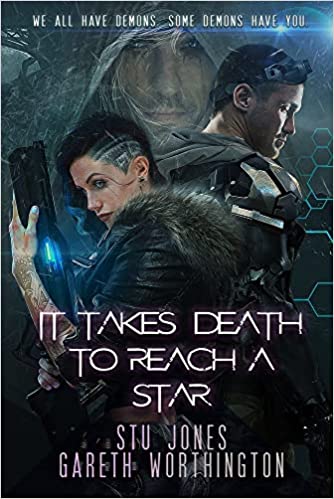
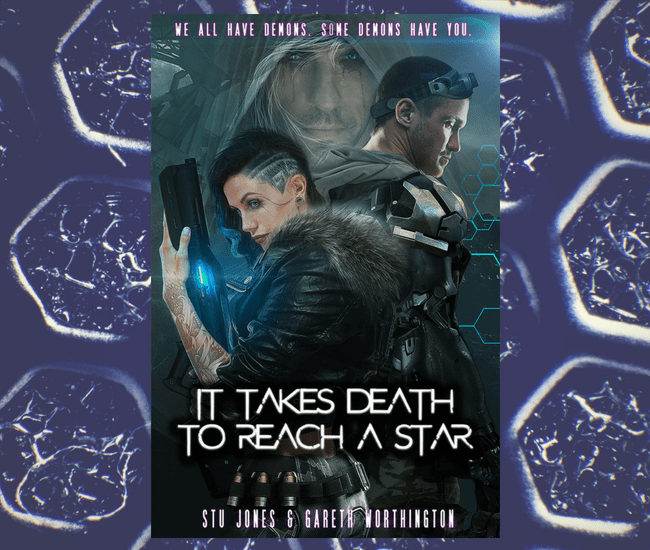

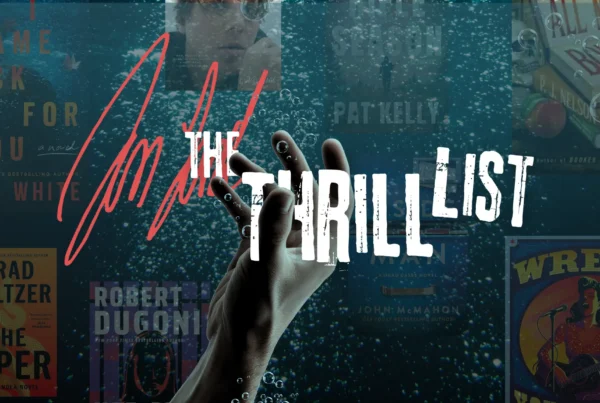
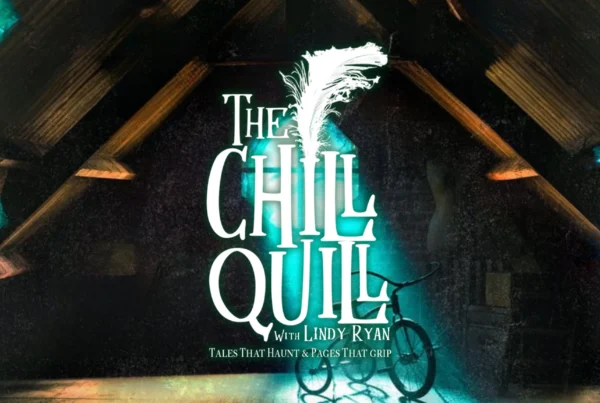
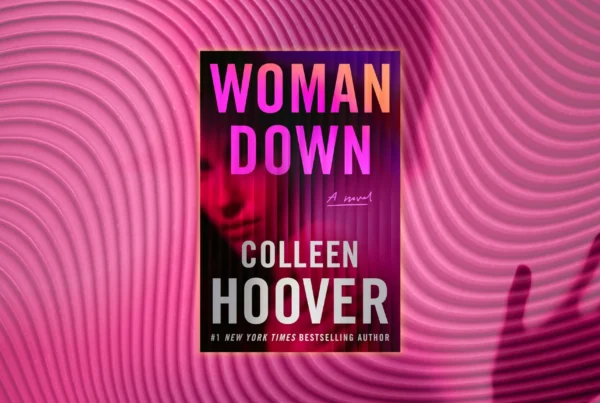
I love that you guys collaborated on
this and presented your own ideas through different characters.